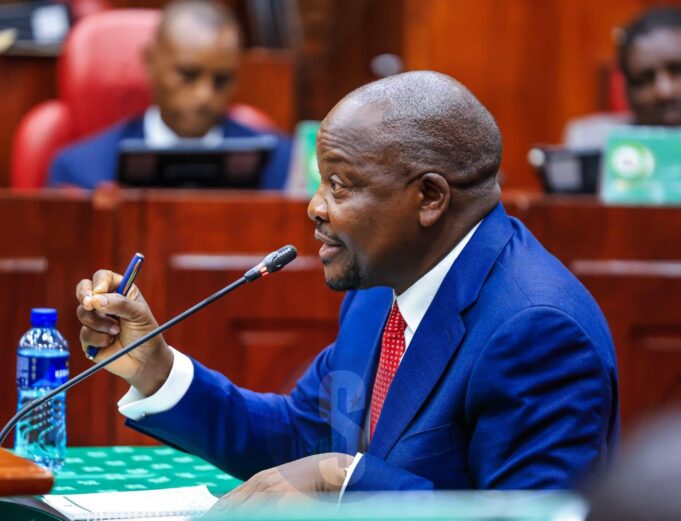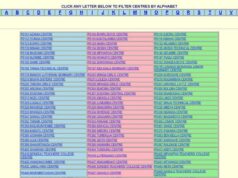Agriculture Cabinet Secretary nominee Mutahi Kagwe faced intense questioning during his vetting on January 14 regarding his position on livestock vaccination. Kagwe had earlier stated that farmers should have the option to decide whether to vaccinate their animals, specifically against foot and mouth disease, rather than being forced to do so.
Kagwe explained, “If you have a goat and we offer the vaccine, you decide. If you want it vaccinated, we do it; if not, we move on.” He portrayed the decision as one of personal choice, allowing farmers autonomy over their livestock’s health.
However, National Assembly Speaker Moses Wetang’ula expressed concerns over the potential spread of contagious diseases. He pointed out that allowing some animals to remain unvaccinated could endanger others, particularly if they were nearby. Wetang’ula questioned how Kagwe planned to manage this risk, highlighting the challenges in disease control when vaccination is optional.
In his defense, Kagwe clarified that while vaccination would not be mandatory, the government would prioritize educating farmers about the risks of not vaccinating their animals. “We will provide the information, but the farmer will make the decision,” Kagwe stated. He emphasized that no one would be coerced into vaccinating livestock, and the key approach would be to empower farmers with knowledge to make informed choices.
Kagwe also noted that veterinary experts would be involved in communicating the importance of vaccination and disease prevention to farmers. He acknowledged the validity of Wetang’ula’s concerns but maintained that education, rather than enforcement, would be the driving force behind increasing vaccination uptake.
Despite the scrutiny, Kagwe remained committed to a voluntary approach, prioritizing farmer education and informed decision-making in managing livestock health.




